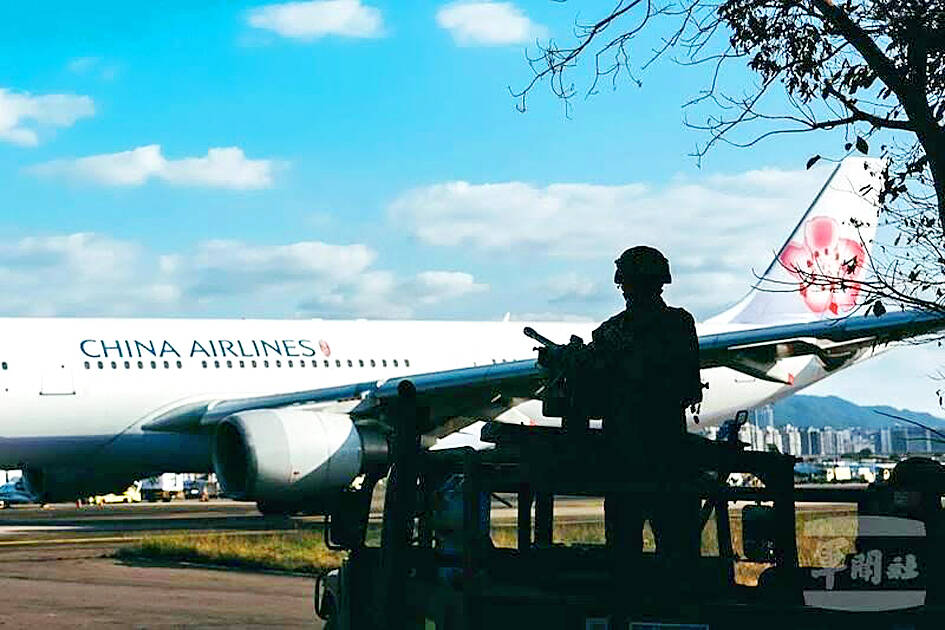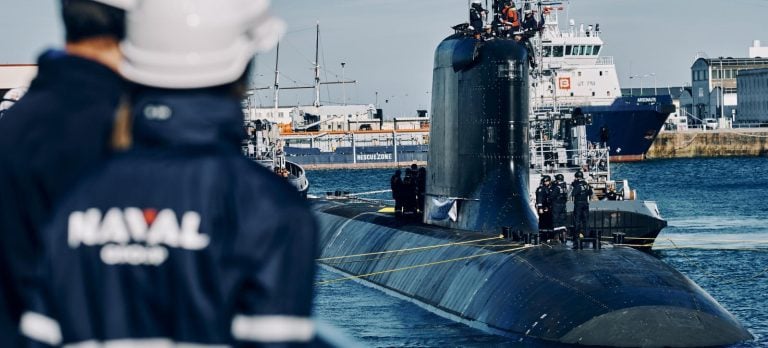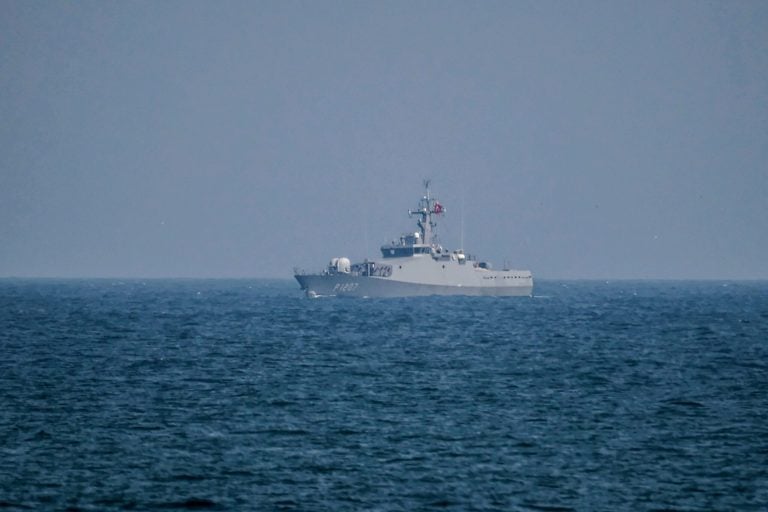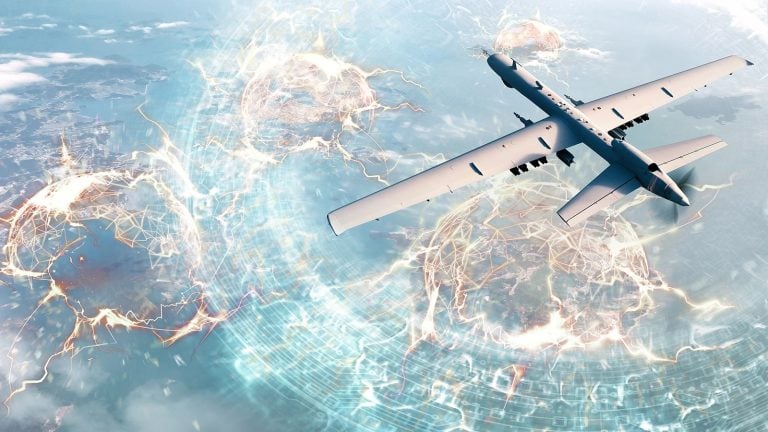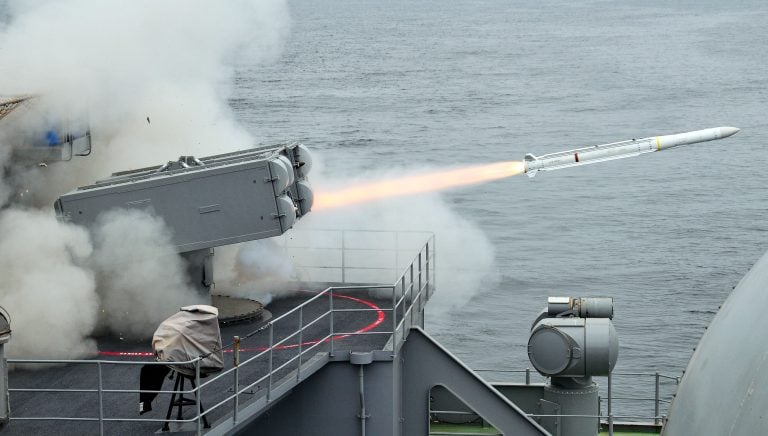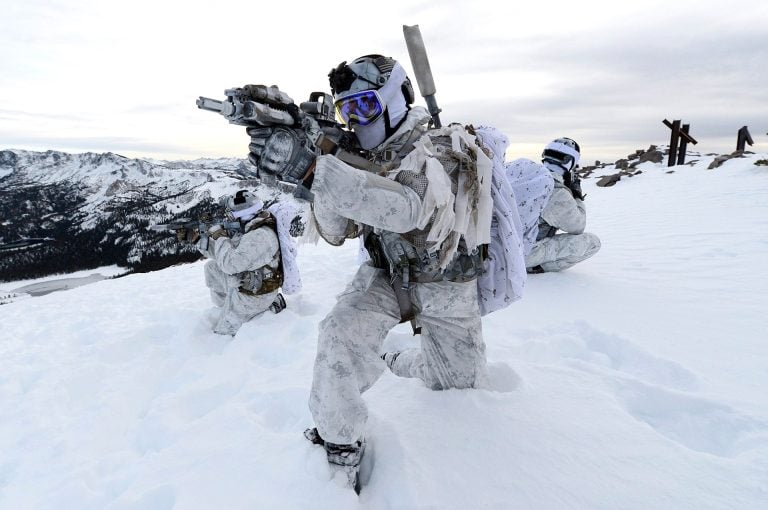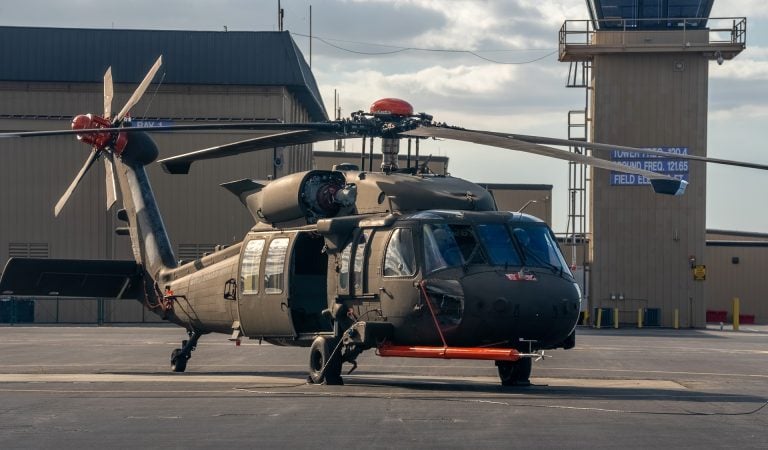The Taiwanese military has taken significant steps to strengthen its defenses by deploying troops at a strategic airport in the capital. This move is aimed at countering the threat of “decapitation strikes,” which are military operations designed to target high-value individuals or facilities. Such strikes are intended to disrupt a nation’s command-and-control capabilities, potentially leading to widespread chaos.
Local media reports indicate that more than 100 soldiers from the 66th Marine Brigade have been assigned to bolster the security of the 202nd Military Police Command stationed at Taipei International Airport, also known as Songshan Airport. Images circulating in the media depict these troops alongside commercial airliners and within the vicinity of civilian infrastructures, confirming their presence at this critical location. However, it remains unclear how long these military personnel will be stationed there.
In a strategic shift, the 66th Marine Brigade has been reorganized to serve as a rapid deployment force. This reorganization is designed to enable a swift response to emerging threats, aligning with modern defense strategies. The brigade is now operating directly under the command of the general staff, reflecting a more centralized approach to military readiness.
To enhance its effectiveness, the brigade has also undergone significant changes in its operational capabilities. Traditional armored and artillery units have been phased out, following similar tactics employed by the US Marine Corps. Instead, the focus has shifted toward incorporating drone units that will strengthen intelligence, surveillance, and reconnaissance functions.
While the immediate objective centers around the security of Songshan Airport, there are plans to extend the brigade’s responsibilities to cover the Boai Special District. This district houses several key ministries and government facilities, including the Presidential Office Building, indicating a broader commitment to national security in vital political areas.
